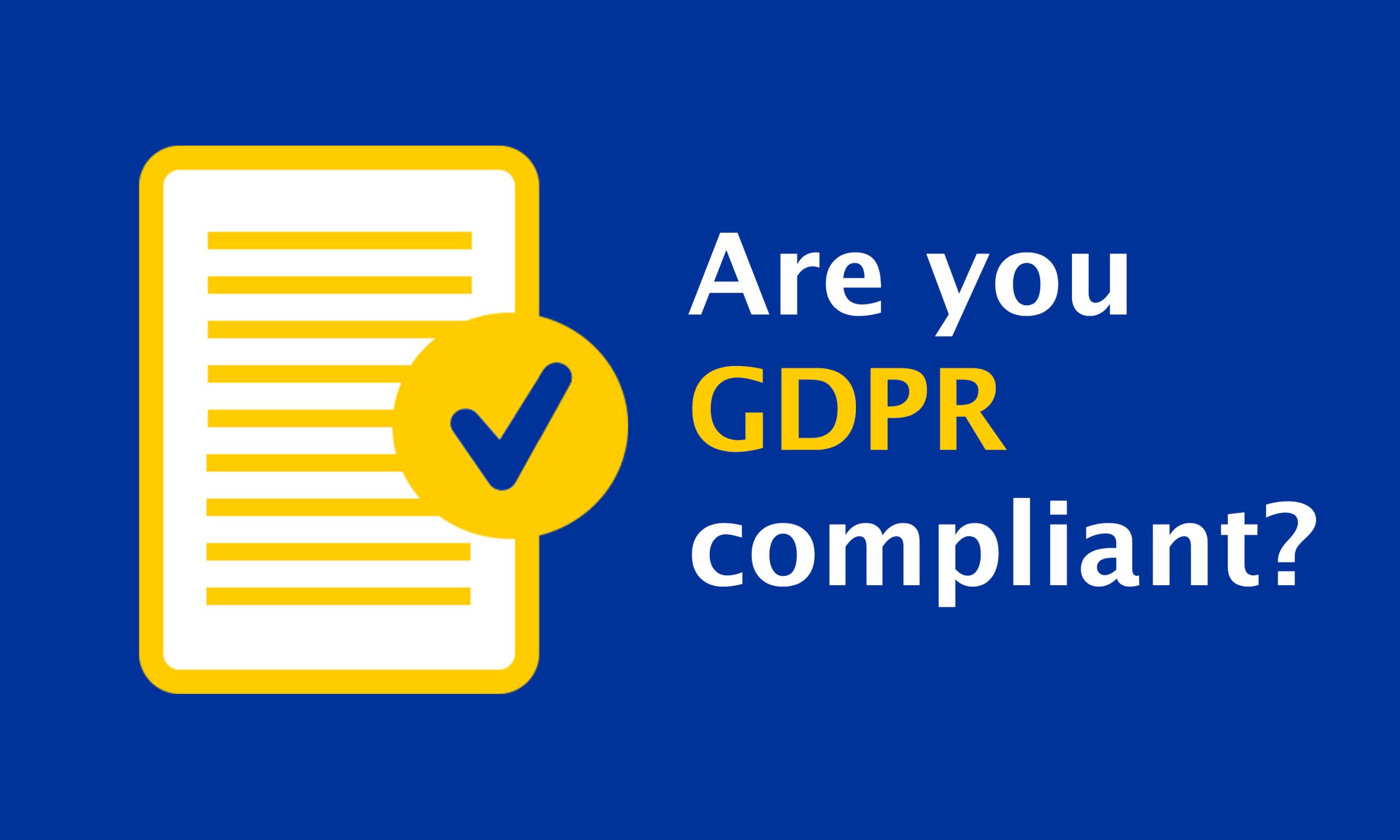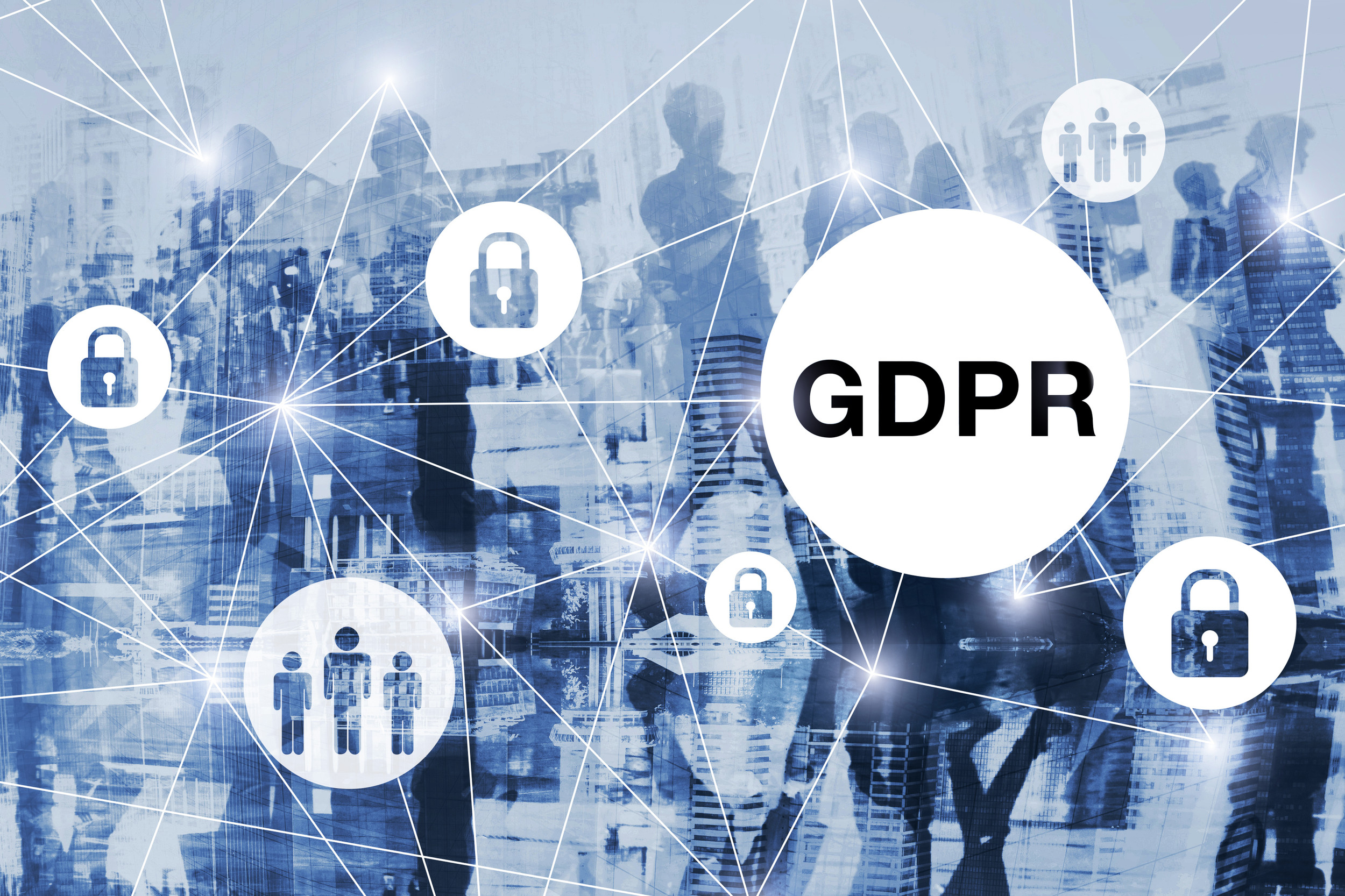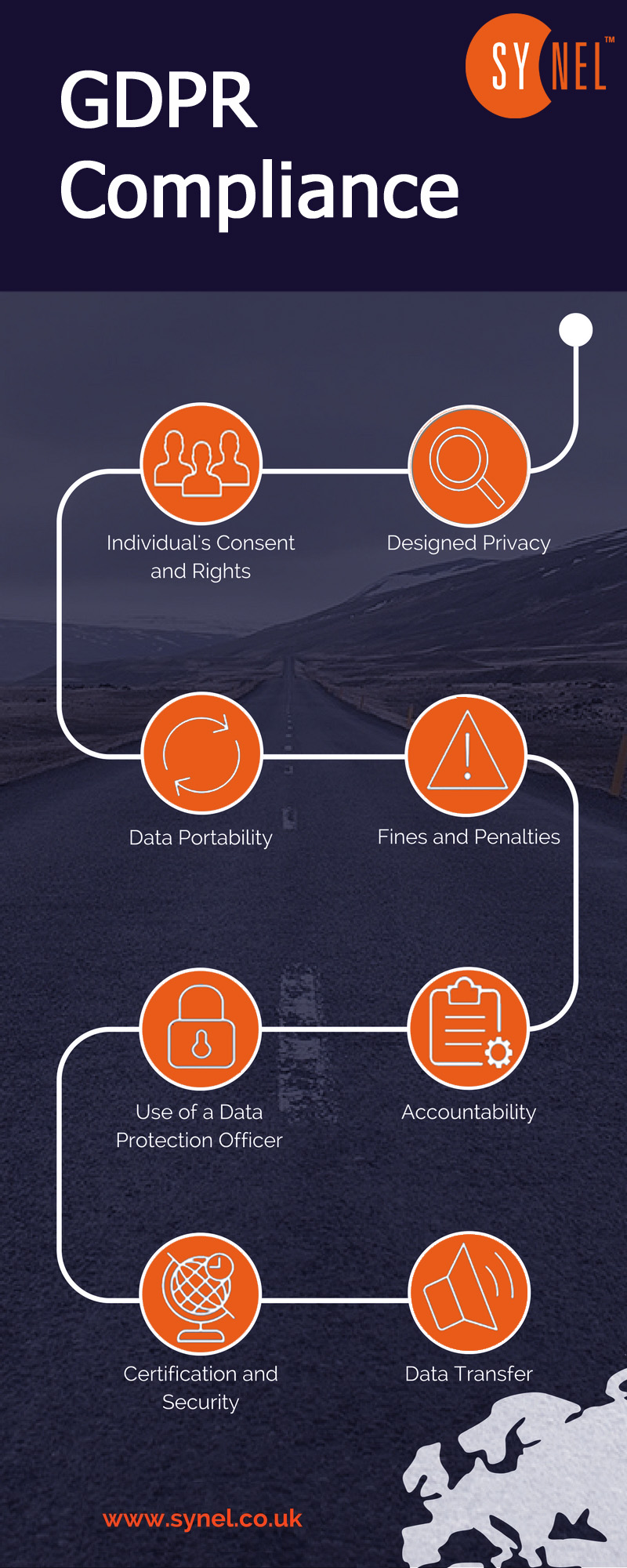GDPR Compliance

GDPR (General Data Protection Regulation) is a regulation in EU law on data protection and privacy for all individuals within the European Union and the European Economic Area. It also addresses the export of personal data outside the EU and EEA areas. GDPR's primary aim is to give control to citizens and residents over their personal data and to simplify the regulatory environment for international business by unifying the regulation within the EU.

GDPR Compliance Requirements

GDPR compliance requires organizations to:
- Obtain explicit consent from individuals: Before collecting or processing personal data, organizations must obtain clear and informed consent from the data subjects.
- Provide individuals with their rights: Individuals have the right to access, rectify, erase, and restrict the processing of their personal data.
- Secure personal data: Organizations must implement appropriate technical and organizational measures to protect personal data from unauthorized access, use, disclosure, or destruction.
- Process data lawfully: Organizations must have a lawful basis for processing personal data, such as consent, contractual obligation, or legitimate interest.
- Appoint a Data Protection Officer (DPO): Organizations must appoint a DPO if they process large amounts of sensitive personal data or if their core activities involve processing personal data.
- Keep records of processing activities: Organizations must maintain accurate and up-to-date records of their processing activities, including the purpose of the processing, the categories of data subjects, and the categories of personal data processed.
- Notify data breaches: Organizations must notify the appropriate supervisory authority and affected individuals of any personal data breaches within 72 hours of becoming aware of the breach.
Benefits of GDPR Compliance
GDPR compliance offers organizations several benefits, including:
- Increased trust and credibility: Demonstrating compliance with GDPR regulations enhances organizations' reputation for handling personal data responsibly and ethically.
- Reduced risk of fines and penalties: Failure to comply with GDPR can result in significant fines and penalties. Compliance minimizes these risks and protects organizations.
- Improved data management practices: GDPR compliance forces organizations to implement robust data management practices, leading to better data governance and security.
- Enhanced customer relationships: By providing individuals with greater control over their personal data, organizations can build stronger and more transparent relationships with their customers.
Don`t copy text!


























































































































